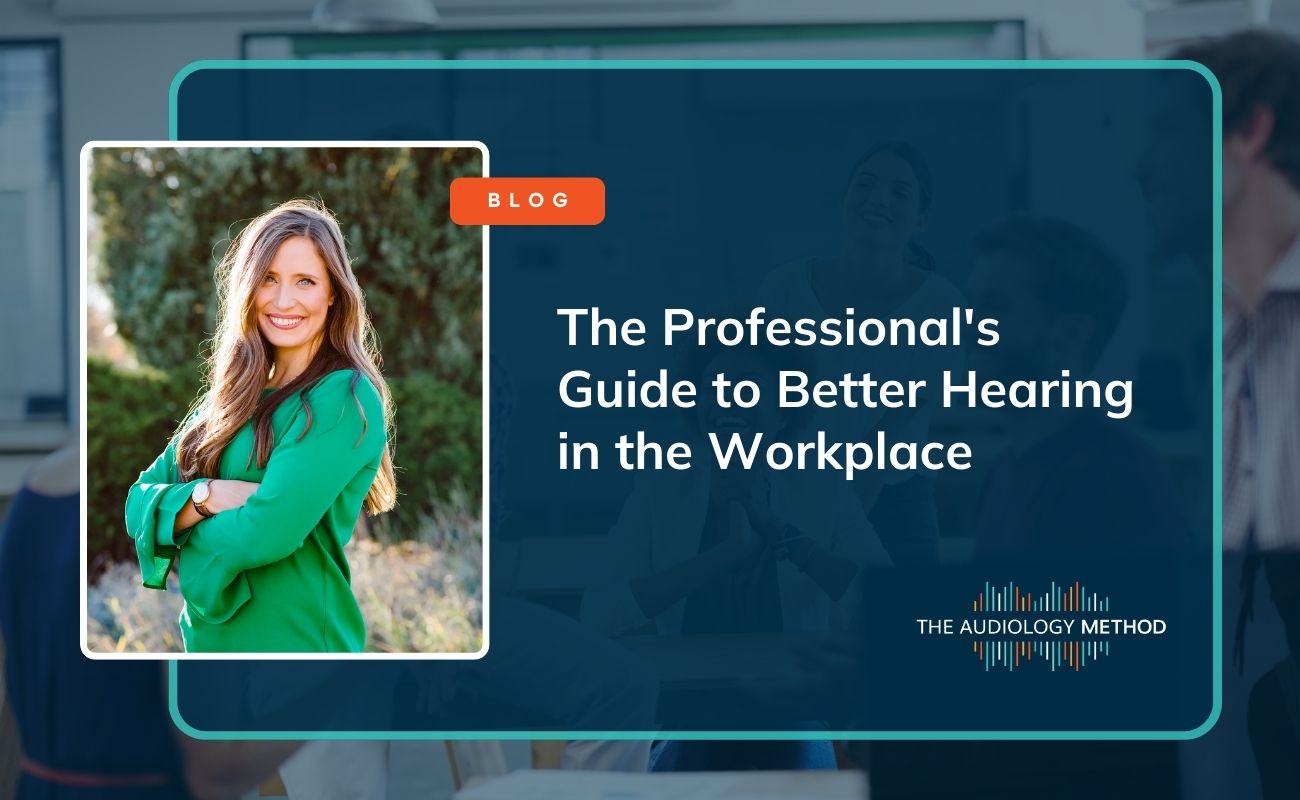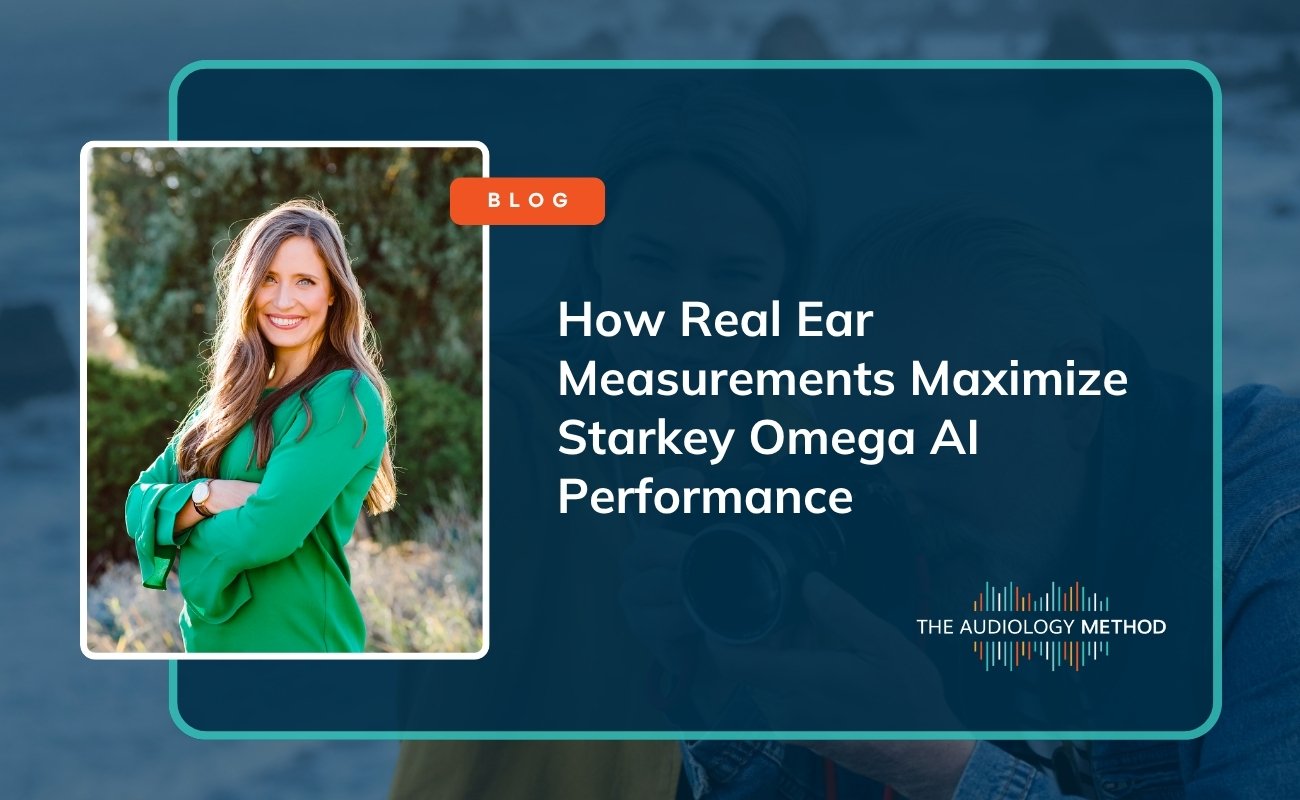

As an Audiologist, I often get asked how hearing aids work.
Despite their widespread use, there's a surprising amount of mystery surrounding these devices. This confusion largely stems from their complex technology, which has evolved significantly over the years. Gone are the days of simple sound amplifiers; modern hearing aids are mini computers, customized to each user's specific hearing needs. They're not just about making sounds louder, but clearer and more distinct, often in challenging listening environments.
In today’s installment of “Ask The Audiologist”, we'll demystify the science behind hearing aids. I dive into the basics of how these devices work, the different types of hearing aids, and who they may benefit.
Hearing aids amplify sound so that a person can hear it better. A typical hearing aid is nothing more than a microphone, amplifier, and speaker. Here’s how they work together:
The microphone picks up sound from the environment, the amplifier increases the volume of the sound, and the speaker delivers the amplified sound to the ear canal. Modern hearing aids also have a computer chip that can adjust the sound to a person’s individual needs, making it possible to hear more clearly in different environments.
Contrary to popular belief, hearing aids do more than simply amplify sound. They are sophisticated instruments designed to adapt to various environments. We can also program them to provide assistance at specific frequencies, enhancing clarity rather than just increasing volume.
Anyone with hearing loss can benefit from hearing aids. Many people with mild to moderate hearing loss go untreated for years, even though hearing aids could greatly improve their quality of life. The fact is that most people who use hearing aids report improved quality of life due to better communication with others.
Older adults are the most common group of people who use hearing aids, but they’re not the only ones. Younger people with hearing loss due to noise exposure, illness, or injury can also benefit from hearing aids.
There are several different types of hearing aids available, each with its own set of features and benefits.
The most common types include behind-the-ear (BTE), in-the-ear (ITE), and in-the-canal (ITC) hearing aids. BTE hearing aids are worn behind the ear and are a good choice for people with moderate to severe hearing loss. ITE hearing aids fit inside the ear and are best for people with mild to moderate hearing loss. ITC hearing aids fit inside the ear canal and are virtually invisible, making them a great choice for people who want a discreet hearing aid.
Each type of hearing aid has its own set of pros and cons, so it’s important to talk to your audiologist to find the best type for your needs.
As a Doctor of Audiology, I firmly believe that the success of a hearing aid largely hinges on the expertise and dedication of the hearing care professional.
At The Audiology METHOD, we have an unwavering commitment to patient education, personalized care, and the use of evidence-based best practices, such as Real Ear Measurements (REMs). I’m able to program hearing aids with precision, tailored specifically to each patient's unique hearing loss. This personalized approach not only ensures optimal performance of the hearing aids but also fosters a deeper trust and understanding between me and my patients, laying a solid foundation for successful hearing aid use.
Hearing loss can make life more difficult, but hearing aids can help make things easier. Whether you’re an older adult or a young person, if you’re struggling with hearing loss, it’s worth considering a hearing aid. With today’s technology, there’s a hearing aid out there that can meet your needs and improve your quality of life.
If you’re in the Greenwood Village, DTC, Littleton, Lone Tree or Centennial areas and want to know what might work best for you, please reach out to our clinic.


